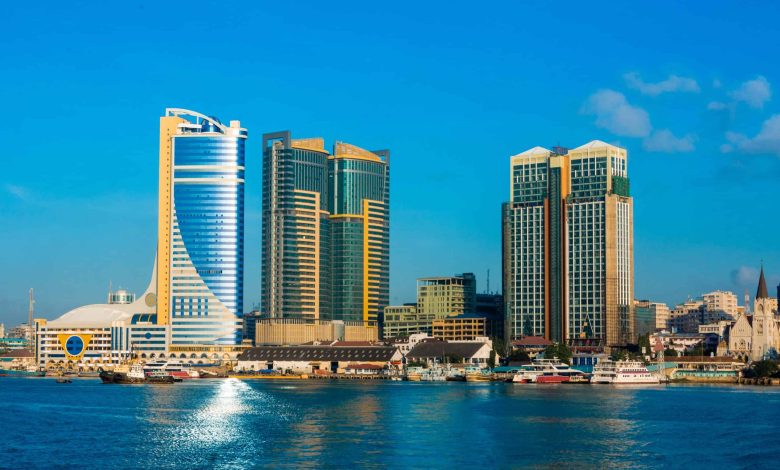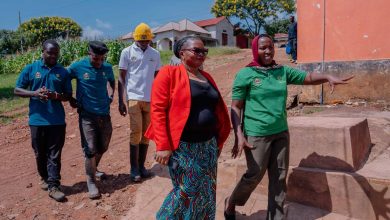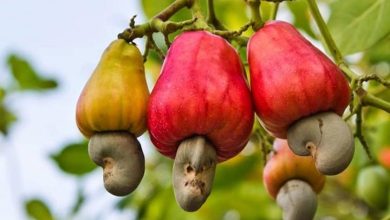Dar stocks slip amid African divide

DAR ES SALAAM: TANZANIA’S equity market lost ground last week, falling 0.4 per cent, as selective capital flows across Africa exposed a widening gap between fastrising frontier exchanges and more mature bourses under consolidation.
The Dar es Salaam Stock Exchange (DSE) remained subdued amid thin liquidity and investor caution around financials and cross-listed stocks, highlighting the challenge of sustaining momentum at a time when neighbouring markets are drawing stronger inflows.
According to African Markets, Weekly Markets Performance, Ghana, Kenya and Uganda posted firm gains, while Tanzania joined Morocco and Mauritius on the losing side.
The contrasting performance illustrates how global and regional investors are selectively deploying risk capital, favouring markets with strong local flows and earnings momentum.
East Africa’s mixed fortunes
Kenya and Uganda diverged sharply from Tanzania’s softness, extending East Africa’s reputation as a region of uneven opportunities.
Nairobi’s NSE rose 2.5 per cent, reversing the prior week’s dip, with broad-based buying interest. Financials and consumer counters were in demand, led by Crown Paints (up 15.4 per cent), CIC Insurance (13.7 per cent) and Cooperative Bank (10.4 per cent).
ALSO READ: Tanzania seeks to turn Dodoma into a central zone’s tourism hub
Kampala’s USE advanced 1.9 per cent, supported by Centum Investment (8.6 per cent) and Equity Bank (5.9 per cent).
For portfolio managers, the split signals that while Tanzania’s equity market is consolidating after a solid run earlier this year, peers in Kenya and Uganda are benefiting from renewed positioning in banks and consumer-facing companies, where earnings visibility looks firmer.
Ghana and Malawi in the spotlight
The strongest momentum remains outside East Africa. Ghana continued its remarkable rally, with the GSE-CI rising 4.4 per cent to extend year-to-date gains to 66.1 per cent in local terms.
The market was buoyed by demand for Ecobank Ghana (17.7 per cent) and Fan Milk (10.2 per cent). Even more striking is Malawi’s market, which added 0.8 per cent and stretched its extraordinary rally to 236 per cent YTD, the best globally.
Heavyweights Press Corporation (15.0 per cent) and Telekom Networks Malawi (7.8 per cent) supported the advance. For investors, both markets have become case studies of frontier optimism.
Despite structural risks, liquidity injections from domestic investors, coupled with selective foreign participation, are fuelling sustained upward momentum.
Southern Africa steadies
Elsewhere in Southern Africa, performance was modest.
Zambia rose 0.2 per cent, lifted by Chilanga Cement (22.5 per cent) and Zambeef (10.0 per cent). Botswana ended unchanged, while Zimbabwe recovered 1.0 per cent following the previous week’s pullback.
Losses in Willdale (-39.8 per cent) and OK Zimbabwe (-12.6 per cent) were partly offset by strong rebounds in Tigere Property Fund (46.4 per cent) and Tanganda Tea (17.5 per cent).
North Africa weakens
The sharpest declines were concentrated in North Africa.
Morocco’s MASI tumbled 3.0 per cent, dragged by financials and large-cap names, including AGMA (-11.2 per cent), Cosumar (-6.5 per cent) and Taqa Morocco (-7.3 per cent). Mauritius (-0.02 per cent) also slipped marginally, underscoring consolidation in relatively more mature bourses.
ALSO READ: TCRO sings praises of 2nd Open Debate Championship
Investor takeaway The divergence across African equity markets reflects two distinct themes. In Ghana, Malawi and parts of East Africa, frontier optimism and local liquidity are producing world-beating rallies. By contrast, in Tanzania, Morocco and Mauritius, consolidation and cautious flows are tempering returns.
For Tanzania, the nearterm outlook hinges on restoring momentum through stronger earnings, improved liquidity and possibly renewed foreign investor participation.
As regional peers attract flows into banking and consumer stocks, the DSE’s ability to deliver a similar narrative will determine whether it remains in consolidation mode or rejoins Africa’s outperformers.





